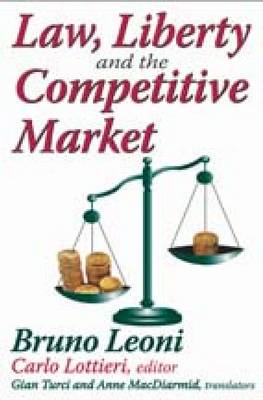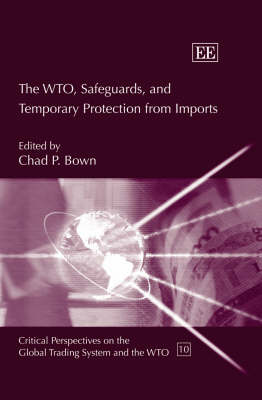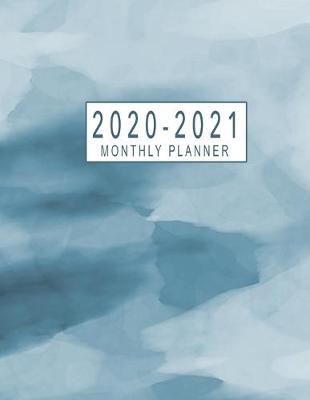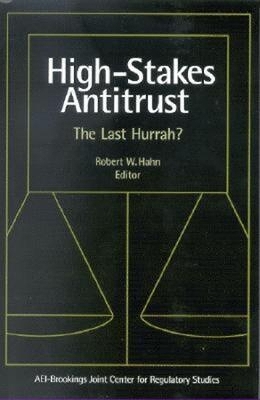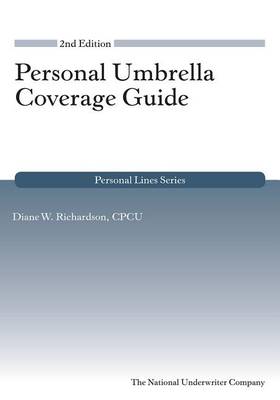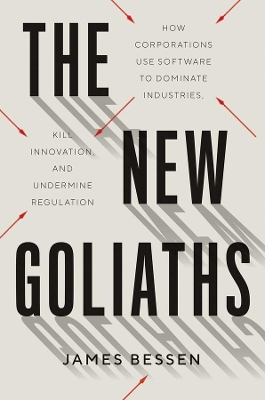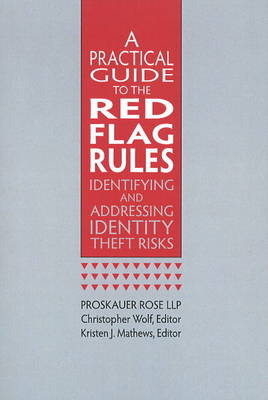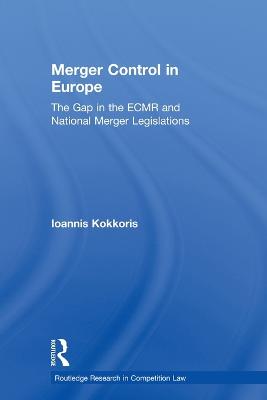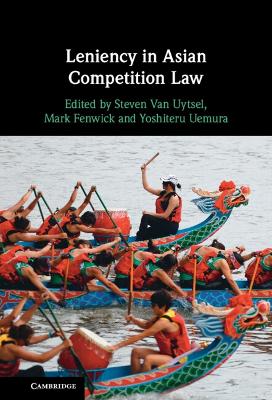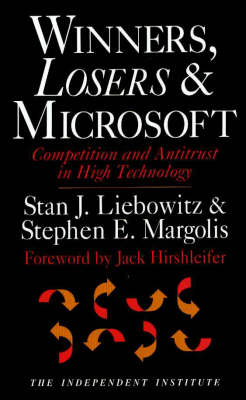Temporary protection from fairly traded imports under the World Trade Organization (WTO) typically refers to a national government's use of a 'safeguard' tariff, quota or tariff rate quota. Safeguard provisions allow a WTO member's national government to investigate whether a domestic industry is injured because of fairly traded, but imported goods; and then impose a temporary unilateral import restriction that would otherwise be in violation of market access commitments. This book presents some...
2020-2021 Monthly Planner (2020-2021 Monthly Planner, 2020-2021 Calendar Planner, Schedule Organizer Appointment Notebook Plann, #3)
by Pushprintz
After nearly twenty years of a "less is more" approach to antitrust, the Department of Justice under the Clinton administration took action against several major corporations that rely on financial, transportation, and electronic networks to support their business -Visa/MasterCard, American Airlines, and Microsoft. In High Stakes Antitrust, noted scholars with divergent opinions examine the impact and validity of the Justice Department's actions. Some believe that it was well within the law to...
Monthly Planner July 2019- June 2020 (2019-2020 Pretty Monthly Calendar Planners, #6)
by Nine Journal
An approach to reinvigorating economic competition that doesn't break up corporate giants, but compels them to share their technology, data, and knowledge Historically, competition has powered progress under capitalism. Companies with productive new products rise to the top, but sooner or later, competitors come along with better innovations and disrupt the threat of monopoly. Dominant firms like Walmart, Amazon, and Google argue that this process of "creative destruction" prevents them from b...
Merger Control in Europe (Routledge Research in Competition Law)
by Ioannis Kokkoris
This book addresses the phenomenon of mergers that may result in non-coordinated effects in oligopolistic markets. Such cases are sometimes referred to as "non-collusive oligopolies", or "gap cases" and there is a concern that they might not be covered by the substantive test that some Member States use for merger assessment. Ioannis Kokkoris examines the argument that the European Community Merger Regulation (Regulation 4064/89) did not capture gap cases and considers the extent to which the re...
Leniency in Asian Competition Law
In response to cartel formation, competition lawyers and policymakers in nine Asian jurisdictions have experimented with leniency programmes. This mechanism allows firms to come forward with information in relation to their illegal cartel participation in return for a reduction of or immunity from a sanction. The experimentation plays out across three different dimensions: the revision of early adopted leniency programmes, the introduction of newly written leniency programmes, and the decision -...
Winners, Losers and Microsoft (Independent Studies in Political Economy)
by Stan J. Liebowitz, Stephen E. Margolis, and S. Leibowitz
Few issues in the high-technology field are as divisive as the raging debate over competition, innovation and antitrust. Why do certain products and technologies become dominant while others fail? Is there something about high technology that makes markets less dependable at choosing goods and services? Will the robust competition and tremendous technological advances of the past two decades continue? Or, will they be suffocated by larger firms employing monopolistic practices? Is antitrust prim...

